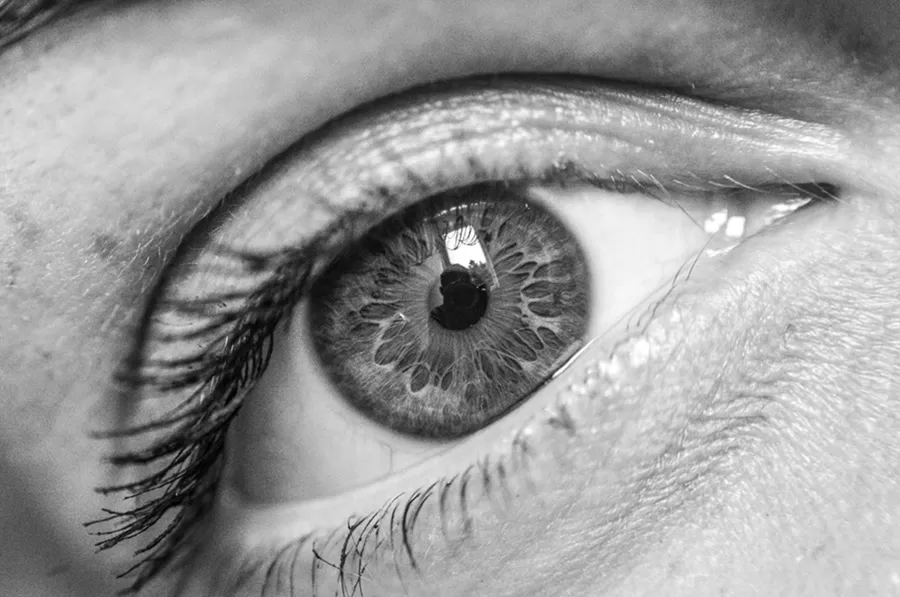Health
Managing Dry Eye Disease — Why It’s More Crucial Than Ever

Did you know that dry eye disease is more common than you think? In fact, around a third of the UK population has the condition, according to a study published in Contact Lens and Anterior Eye Journal. It also poses a significant burden globally, with research published in Ophthalmic and Physiological Optics noting that the worldwide prevalence of dry eye disease is approximately 11.59%.
Dry eye disease is considered one of the most common vision problems worldwide. Unfortunately, the condition continues to see an upward trend, thanks to several habits and practices contributing to its development among the global population. Dry eyes can lead to visual discomfort and even increase the risk of eye inflammation and infection if left untreated. Managing this condition is, therefore, crucial to avoid these risks.
Causes and symptoms of dry eyes
Experts have pointed out that one of the most common causes of dry eyes is excessive screen time, which can reduce the blinking rate, leading to inadequate tear production. Too much screen time has become a cause of concern among Brits in particular. An average UK adult spends 76% of their waking hours online, according to Bionic research data. If this seems normal to you, think again. This can lead to eye strain and an increased chance of dry eye symptoms. Dry eyes are also caused by windy or dry air, existing eyelid problems, and eye allergies, which can decrease tear production.
It’s no secret that dry eye symptoms can be painful and uncomfortable. After all, dry eye disease can cause a stinging or burning sensation, light sensitivity, blurry vision, and visual fatigue. Dry eyes can even cause corneal ulcers and infections since not enough tears can protect your eyes from bacteria. This condition can significantly affect not just your vision health but also your quality of life and productivity, according to a study published by Sage. In fact, British Medical Journal research mentioned that dry eye disease causes approximately 30% of workplace performance impairment.
How to manage symptoms
Several options are available for managing dry eyes – and yes, these options can even cater to contact lens wearers. Around 4.1 million people in the UK wear contacts, according to an Optician Online report. This highlights the popularity of these lenses as a vision correction tool, and contact lens wearers suffering from dry eye disease can opt for brands that provide visual comfort. The Moist and Oasys options from Acuvue contact lenses are moisture-infused to help hydrate the eyes during extended wear. These lenses are infused with Lacreon and Hydraclear Plus technology, making them a viable, comfortable option for contact wearers with dry eyes.
Using eye drops is also an effective way to manage dry eyes, especially since these artificial tears help treat various ocular conditions. The eye drops developed by Columbia University researchers in 2020, for instance, are effective in combating retinal vein occlusion. Meanwhile, anyone experiencing dry eye symptoms can try the Hycosan Intense eye drops, which contain hyaluronic acid. These drops can provide long-lasting lubrication and increase tear film stability.
Did you know your average blinking rate is reduced from 15 to 20 times to only four to six times per minute when you use a computer? This is why taking frequent screen breaks is essential to help you manage and avoid dry eye disease. When focused on a close-up task, experts recommend taking a break and doing blinking exercises to replenish the eyes’ tear film, helping offset dry eye symptoms.
The growing prevalence of dry eye disease in the UK and globally highlights the urgent need to manage the condition. Several ways – such as using artificial tears, wearing moisturising contact lenses, taking frequent breaks, and regularly blinking – effectively manage dry eye symptoms. Brits suffering from dry eye disease may find some relief with these eye-healthy habits and lifestyle changes.


















































